Pet Friendly Plants for Every Home and Garden

Do you know if that plant in your living room, in your kitchen, or in your garden could be poisonous to your furry friend? In 2020 alone, the ASPCA Animal Poison Control Center (APCC) reported that out of 232,000 possible animal poisonings, about 32,480 cases were caused from plants, insecticide exposure, and garden products. In this article we will review the most common poisonous plants, insecticide, and fertilizers as well as pet-friendly indoor and outdoor plants that won't hurt your furry friends.
Below are some common indoor plants that are poisonous to pets:
- Devil's Ivy (Pothos)
- Snake Plant (Sansevieria trifasciata)
- Parsley (Petroselinum crispum)
- Hydrangea (Hydrangea macrophylla)
- Lavender (Lavandula)
- Mint (Mentha)
- Oregano (Origanum vulgare)
- Chamomile (Matricaria chamomilla)
Here are some common outdoor plants that are poisonous to our furry friends:
- Lily (Lilium)
- Lily of the Valley (Convallaria majalis)
- Aloe Vera (Aloe barbadensis miller)
- Daffodil (Narcissus)
- Tulip (Tulipa)
- American Holly (Ilex opaca)
- Castor Bean (Ricinus communis)
- Sago Palm (Cycas revoluta)
Something to keep in mind as well are the fertilizer or pesticides we use on pet-friendly plants. Experts recommend avoiding slug and snail pellets that contain Metaldehyde and rose care pesticides that contain Organophosphate. For fertilizers, avoid ones that contain blood meal, bone meal, feather meal, and iron.
As we all know, our pets can be sneaky at times and we cannot always keep an eye on them. Maybe one day your cat gets curious and takes a bite out of the plant in the kitchen or maybe the fertilizer your just laid out smells good, and your dog decides to investigate. The thing is, no matter how much we try, accidents happen. So if you suspect your pet has ingested a poisonous plant, watch for these signs:
- Gastrointestinal Signs: diarrhea, loss of appetite, nausea, dry heaving, vomiting, excessive salivation
- Internal Bleeding: pale gums, racing heart, coughing up or vomiting blood, weakness, lethargy, falling over/collapsing
- Kidney Failure: Increased or decreased urination, increased drinking, lack of appetite, vomiting, diarrhea
- Liver Failure: Yellow gums, acting abnormally, tarry stool (melena), vomiting, diarrhea, collapsing due to low blood sugar
If you suspect your pet has ingested a poisonous plant, follow the below steps:
- Check your dogs behavior. Is he acting normal, breathing fast, alert?
- Keep any labels or items you believe is the source of poisoning
- Wash your pet's fur if any poison has gotten on them
- Do not try to make them vomit and do not give your pet any homemade remedies or antibiotics
- Contact your vet immediately. If your vet is unavailable, contact the Pet Poison Helpline or the ASPCA Animal Poison Control
- Pet Poison Helpline: 1-800-213-6680
- ASPCA Animal Poison Control: 888-426-4435
There are ways to completely avoid the situation of a poisoned pet. If you know you have a plant that's poisonous to pets in the house or your garden, and you don't want to get rid of it, consider replanting it in a hanging pot and hanging it from your ceiling so that it's out of your pet's reach. If you are okay with getting rid of your poisonous plants, there are many pet-friendly plants you can replace them with. That way you can have the best of both worlds: a beautiful garden and a safe and healthy pet!
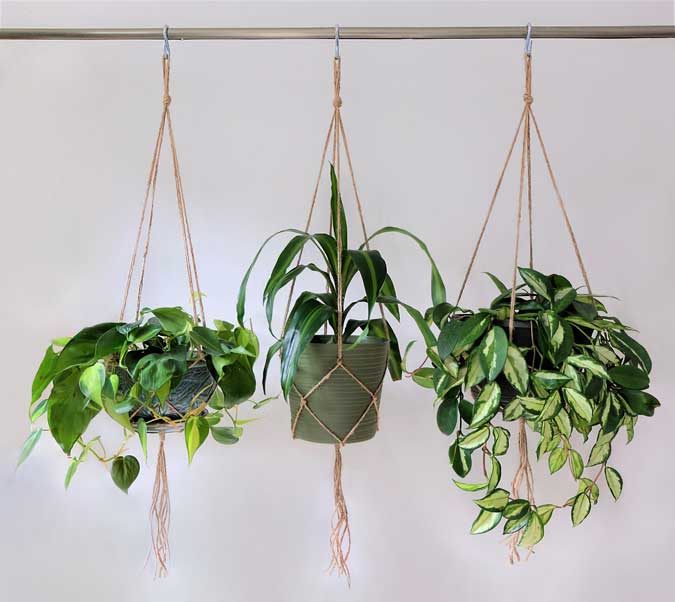
Pet Friendly Outdoor Plants:
- Garden Marigold (Tagetes)
- Sage (Salvia officinalis)
- Camellia (Camellia japonica)
- Coral Bells (Heuchera sanguinea)
- Magnolia Bushes (Magnolia setllata)
- Swamp Sunflower (Helianhus angustifolius)
- Snapdragons (Antirrhinum majus)
- Rosemary (Rosmarinus officinalis)
Air Purifying and Pet Friendly Indoor Plants:
- Bamboo Palm (Chamaedora elegans)
- Spider Plant (Chlorophytum comosum)
- Prayer Plant (Calathea insignis)
- Boston Fern (Dryopteridacreae)
- Parlor Palm (Chamaedorea elegans)
- Lemon Butter Fern (Nephrolepsis cordifolia 'durrii')
- Barberton Daisy (Gerbera jamesonii)
- Lily Turf (Liriope muscari)
There are many alternatives available to us to avoid the use of harmful pesticides. A few solutions include making sure to clean and dispose of any debris or withered plant material in your garden. Another one is you can fight pests with pet-friendly plants! Plant marigolds, petunias, or nasturtiums in your garden to naturally fight against pests. Also, look out of friendly insects like ladybugs or ground beetles in your garden as they eat those pesky pests!
A homemade fungicide spray is possible with mild dish soap (that is without phosphates and suggested to be biodegradable) and water. Mix the two into a spray bottle and you are all set! Lastly, try physical barriers like Pet Exercise Pens to keep your pet away from plants they should not be around.
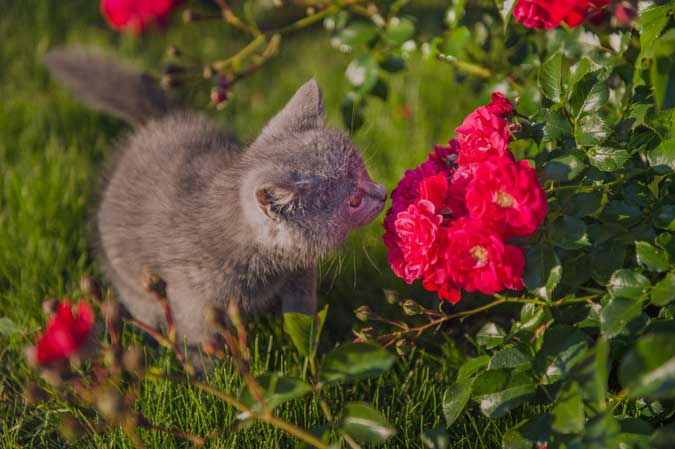
There are also safe alternatives to fertilizers you can try as well. The first one is seaweed as it is full of nitrogen. Fish emulsions is another quick-release fertilizer, however we should note that it might make your dog want to dig it up. Lastly, composting is both free and one of the best alternatives for your garden.
CONCLUSION
Together we can bring down the 32,480 cases of pet poisoning that were potentially caused from plants, insecticide exposure, and garden products.
Sources:
- https://www.petpoisonhelpline.com/pet-safety-tips/veterinarians-warn-pet-owners-about-summer-plants-and-substances-poisonous-to-dogs-and-cat/
- https://www.ccspca.com/blog-spca/education/poisonous-plants-for-dogs/
- https://be.chewy.com/complete-guide-to-poisonous-plants-for-dogs/
- https://www.rover.com/blog/10-safe-plants-dogs-can-add-almost-garden-right-now/
- https://www.insider.com/pet-safe-houseplants
- https://www.dailypaws.com/dogs-puppies/health-care/dog-first-aid-emergency/dog-poisoning-symptoms
- https://www.vets-now.com/2017/03/beware-common-seasonal-poisons-cats-kittens/
- https://www.diyncrafts.com/35717/home/gardening/10-homemade-insecticides-keep-garden-pest-free-naturally
- https://www.sextonpestcontrol.com/natural-garden-pest-controls/
- https://www.akc.org/expert-advice/vets-corner/dogs-and-poison/
- https://www.thehealthy.com/home/plants-to-detoxify-your-home/
- https://www.hgtv.com/outdoors/flowers-and-plants/houseplants/forgiving-houseplants-pictures
Previous article

Next article

Related posts
View all-
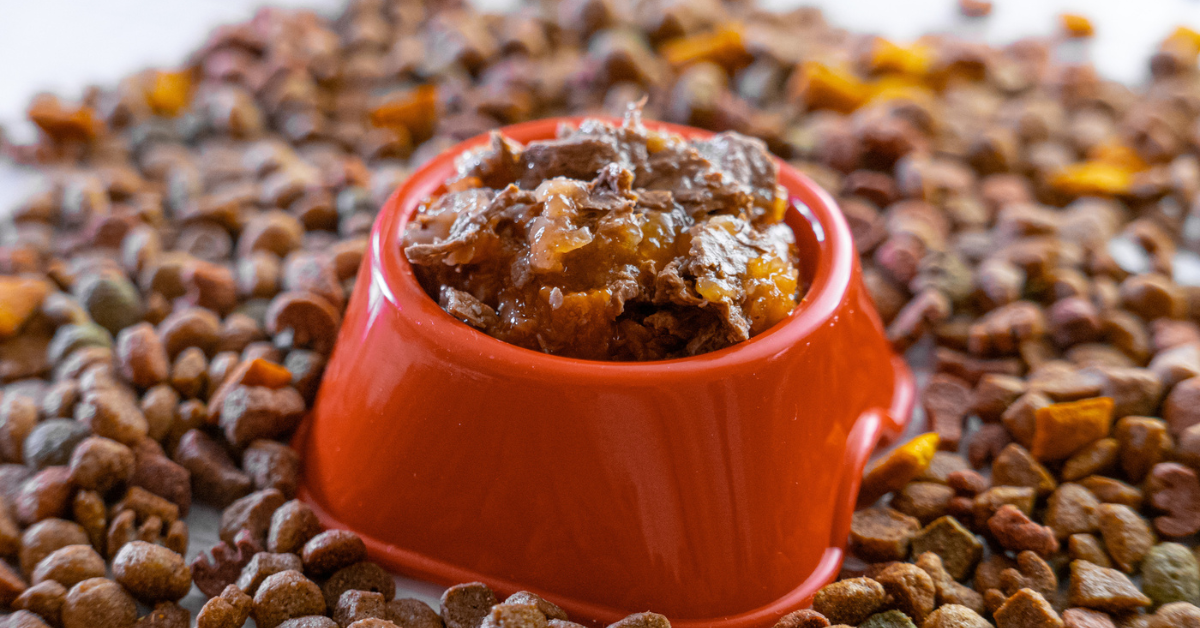
5 Simple Tips to Make Sure Your Cat Drinks Enough Water
Ensuring your cat stays hydrated is important, but it can be challenging since many cats don't drink enough water. Dehydration can lead to kidney disease and other health issues. Fortunately, you can encourage your cat to drink more with a few simple changes. Read Article -
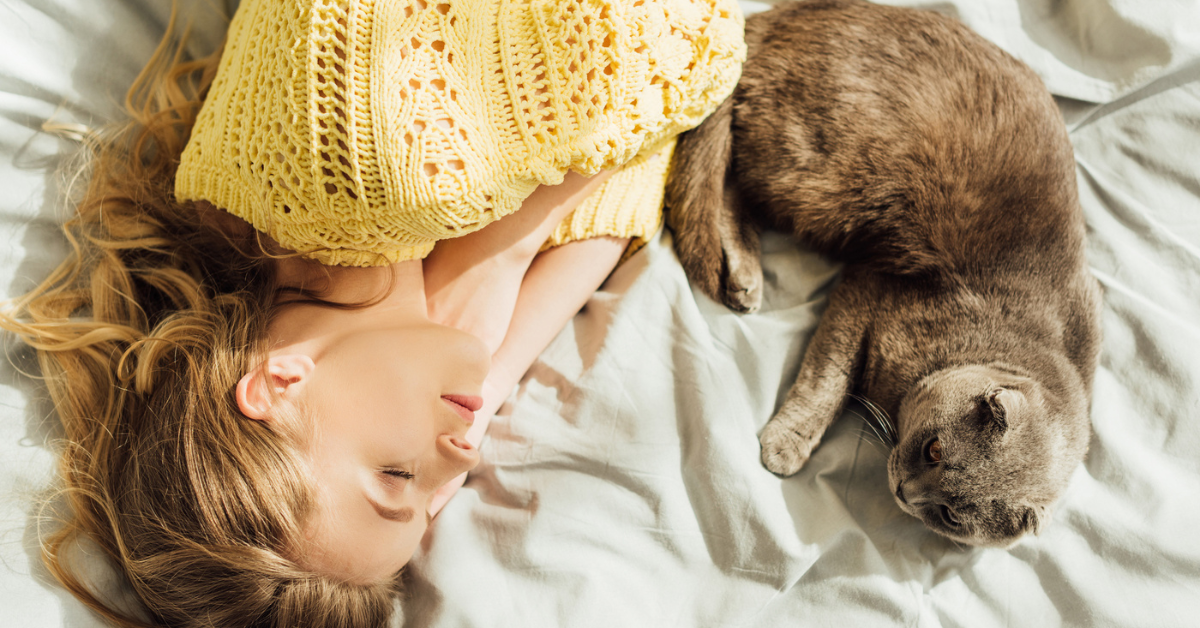
How to Keep Your Cat Busy at Night (So You Can Sleep)
For many cat owners, the quest for a good night's sleep while keeping their feline friends content and engaged can seem like a never-ending battle. Cats, naturally more active at night or early in the morning, often disrupt your sleep schedules with nocturnal activity, whether through playful nature or seeking attention. Read Article -
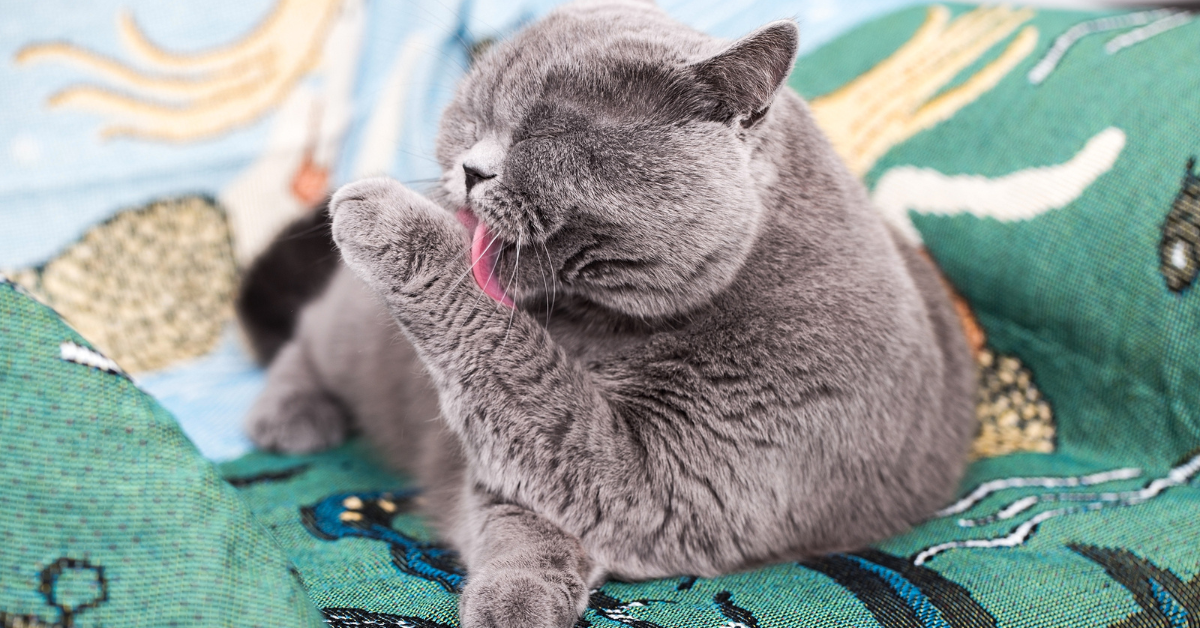
Should You Bathe Your Cat? Everything You Need to Know About Cat Hygiene
When it comes to cat hygiene, a common question among cat owners is, "Should you bathe your cat?" Understanding how to care for felines, especially bathing cats properly, is crucial for maintaining their overall health. Most cats are fastidious groomers, but specific scenarios like long-haired cats getting dirty or skin irritations, might require a bath.
Read Article



